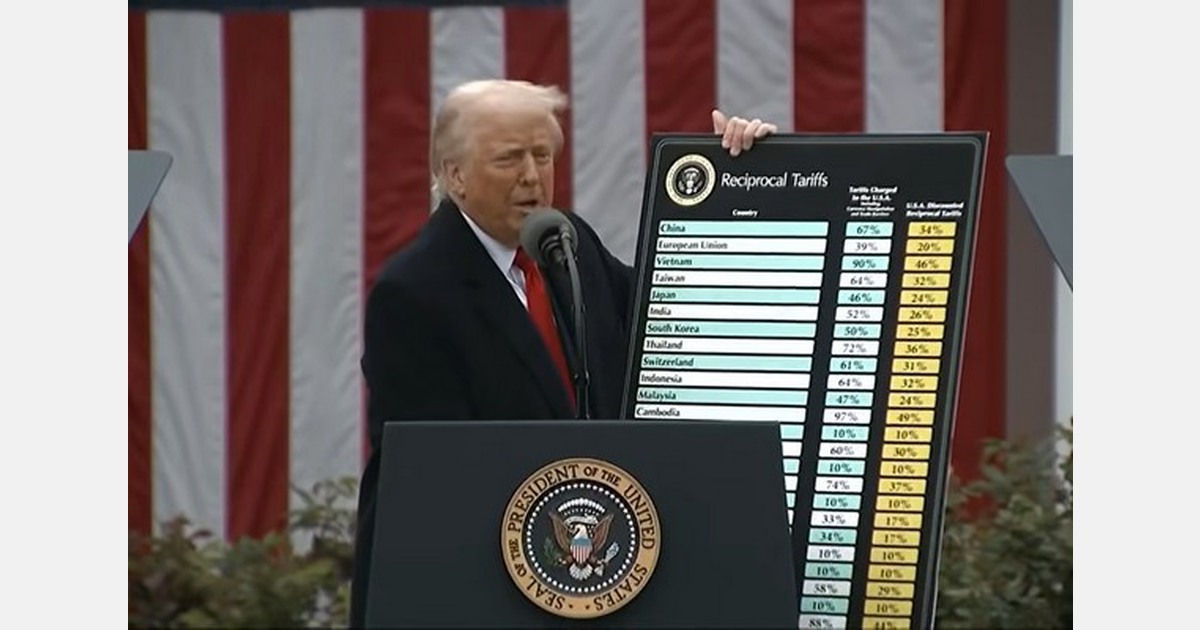
President Trump recently dispatched tariff letters to 14 countries, with 10 in Asia, threatening elevated reciprocal tariffs ranging from 25% to 40%, starting August 1, unless trade agreements are secured, as reported by APNews. ASEAN nations, including Indonesia, Thailand, Malaysia, Cambodia, Laos, Myanmar and Vietnam, are among those affected.
Indonesia faces a 32% tariff rate, down from earlier levels, while Thailand is scheduled to face a 36% rate unless a deal is reached. Business Insider reports that Malaysia’s rate is set at 24%, unchanged from earlier proposals, while Vietnam successfully negotiated a reduction to 20% for most goods, including produce, with 40% on transshipped items.
India is also part of negotiations, according to a report from Reuters, its tariff rate could rise from 10% to as high as 27% unless an agreement is reached, with sensitive agricultural imports such as fruit and vegetables under scrutiny.
Smaller ASEAN exporters like Laos, Myanmar and Cambodia are facing rates of 40%, prompting urgent diplomatic engagement to prevent economic shocks, particularly for perishable goods like fresh produce.
These tariffs risk disrupting established fruit and vegetable trade flows with the United States, especially for produce-export-dependent countries across Asia. For instance, Vietnamese exporters have seen sharp increases in durian, coconut, dragon fruit, and mango shipments to the U.S. recently, as reported by Nong Nghiep & Moi Truong, and tariff hikes could jeopardise that expansion.
The International Fresh Produce Association has voiced concern that steep tariffs may raise consumer prices in the U.S. and limit markets for exporters, while domestic farm groups warn of long-term damage to U.S. agricultural competitiveness, reports Reuters.
ASEAN leaders responded by urging stronger regional cooperation and reduced reliance on external markets, warning that unilateral tariffs threaten trade stability. Malaysia’s Prime Minister described this as a structural shift, not a temporary disruption, as mentioned in this Reuters report.
As the August deadline approaches, negotiations remain ongoing. Countries like Japan and South Korea are seeking delays or exemptions; Vietnam has already reached a partial deal; India is in late-stage negotiations, and others continue urgent engagement to avoid steep tariffs on fruit and vegetable exports, along with other resources.
Source: The Plantations International Agroforestry Group of Companies
